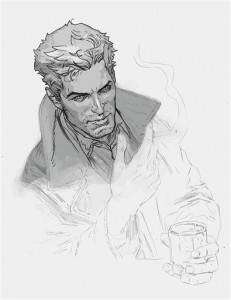 I studied journalism when I was in college in the late 1980s / early 1990s, and one of the things I learned was the inverted pyramid lead, which means to open your story with the most important hard information. So, since it was one of the most important things I learned back then, I’ll go with it here.
I studied journalism when I was in college in the late 1980s / early 1990s, and one of the things I learned was the inverted pyramid lead, which means to open your story with the most important hard information. So, since it was one of the most important things I learned back then, I’ll go with it here.
DC Comics has cancelled John Constantine: Hellblazer. The comic, published under DC’s Vertigo Comics imprint, will conclude in February with its 300th issue, written by Peter Milligan with art by Giuseppe Camuncoli. The long-running comic, written for a mature, adult audience, will be replaced with a new comic series, Constantine, written by Robert Venditti with pencils by Renato Guedes. The new series, which will be published under the standard DC Comics bullet, will take place in DC’s superhero-filled New 52 Universe, and will be reportedly feature the younger, more action-oriented version of the John Constantine character as currently seen in Justice League Dark.
About the cancellation, DC Comics co-publisher Dan DiDio said:
We’re supremely proud of Vertigo’s HELLBLAZER, one of the most critically-acclaimed series we’ve published. Issue #300 concludes this chapter of Constantine’s epic, smoke-filled story in style and with the energy, talent and creativity fans have come to expect from Peter Milligan, Giuseppe Camuncoli and Stefano Landini. And no one should worry that John is going to hang-up his trenchcoat – he lives on in March, in the pages of the all-new DC Comics New 52 ongoing series, CONSTANTINE, by writer Robert Venditti and artist Renato Guedes.
The series, which expanded the story of the John Constantine character created by comics legend Alan Moore during his classic run on Swamp Thing, debuted as a DC Comic in 1988 and was written by Jamie Delano and drawn by John Ridgeway. Moving to DC’s more mature Vertigo imprint in 1993, the book featured work by comic legends Garth Ennis, Warren Ellis, Paul Jenkins and Brian Azzarello, as well as many others, throughout its nearly quarter-century history.
Constantine is expected to debut in February, 2013.
Okay, that’s the classic news version. My journalism professors, one of whom once looked me in the face and said, “You smell like a three-day dead dog in the dump tank of a whiskey distillery. Sit in the back, please,” would, for once, be proud. However, like the one, older professor who once slipped me a copy of Hunter Thompson’s Fear and Loathing on The Campaign Trail after defending me in a meeting to determine if I should be ejected from the journalism department after writing a story about the college’s president that included the term, “goatfucker” taught me: classic journalism isn’t always properly equipped to capture the whole truth.



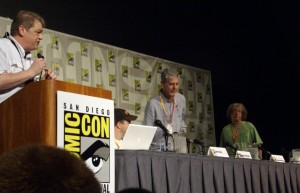
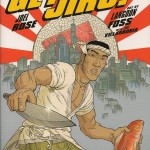
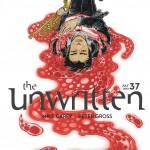
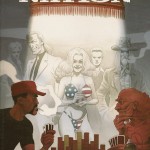
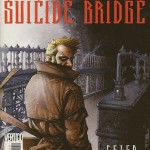
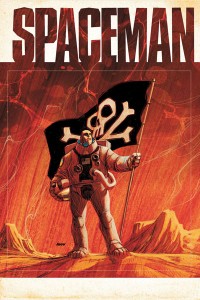

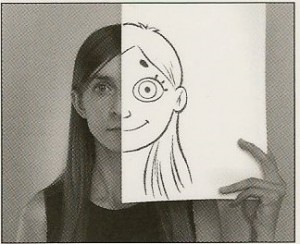
 Podcast RSS Feed
Podcast RSS Feed iTunes
iTunes Google Play
Google Play Stitcher
Stitcher TuneIn Radio
TuneIn Radio Android
Android Miro Media Player
Miro Media Player Comics Podcast Network
Comics Podcast Network